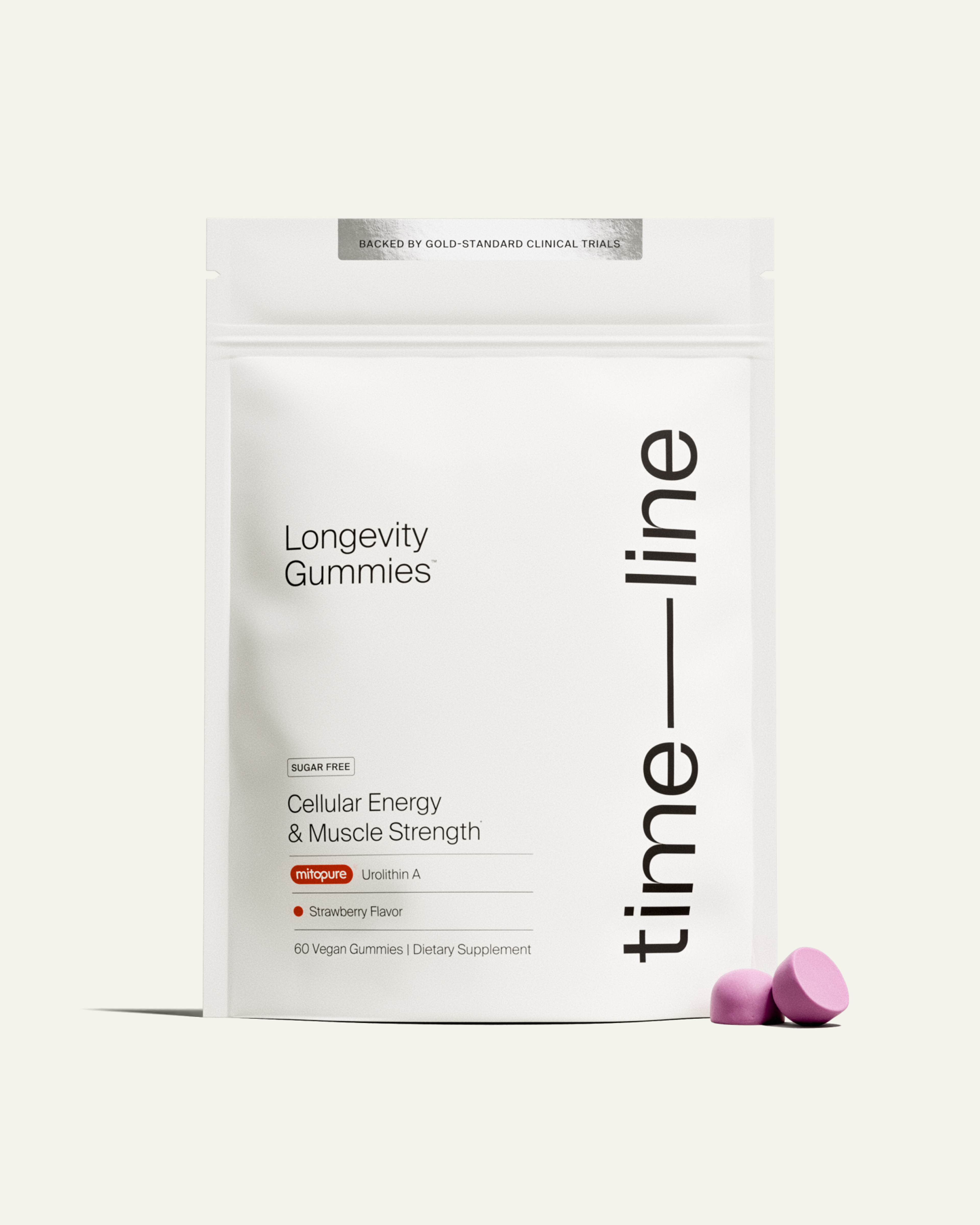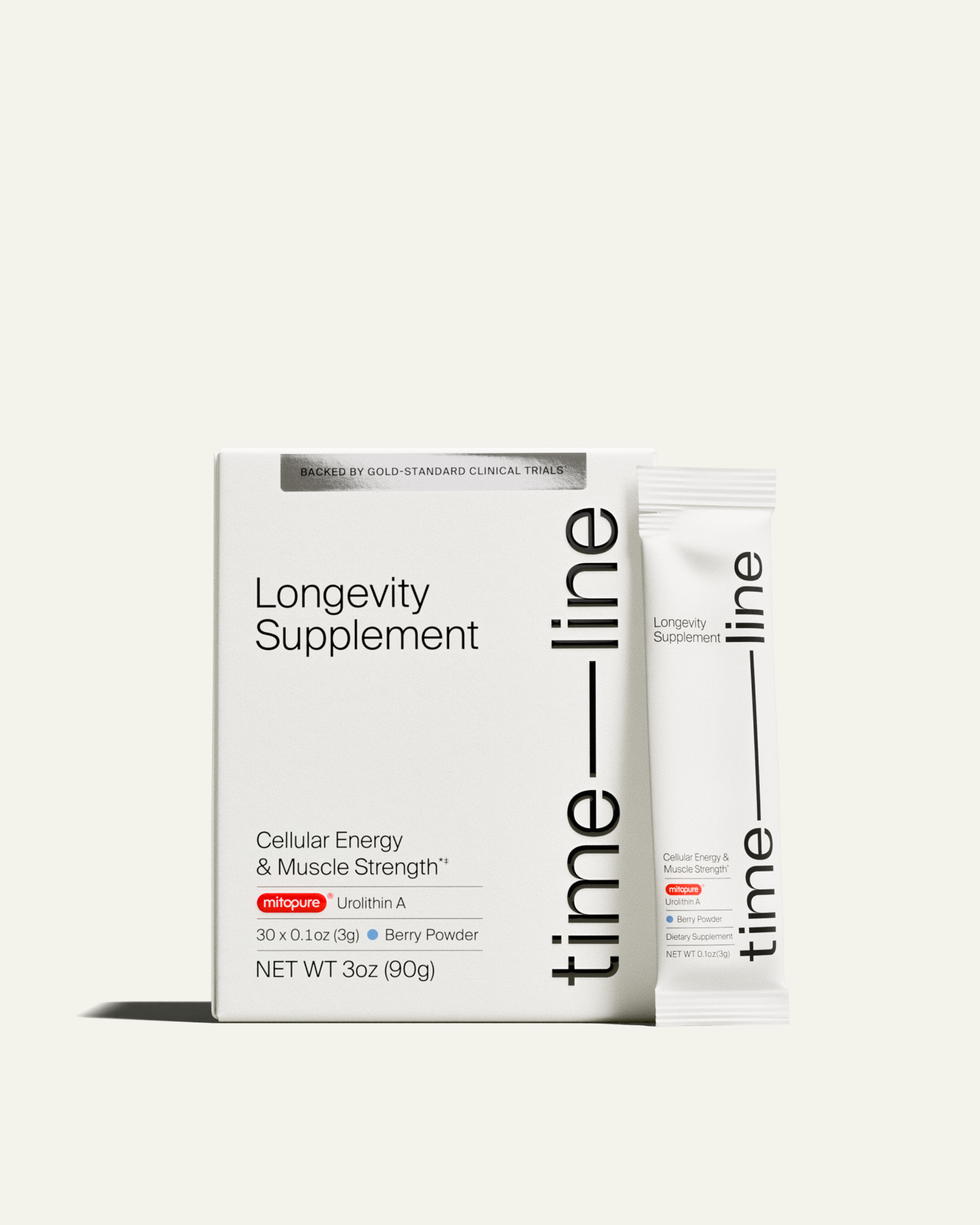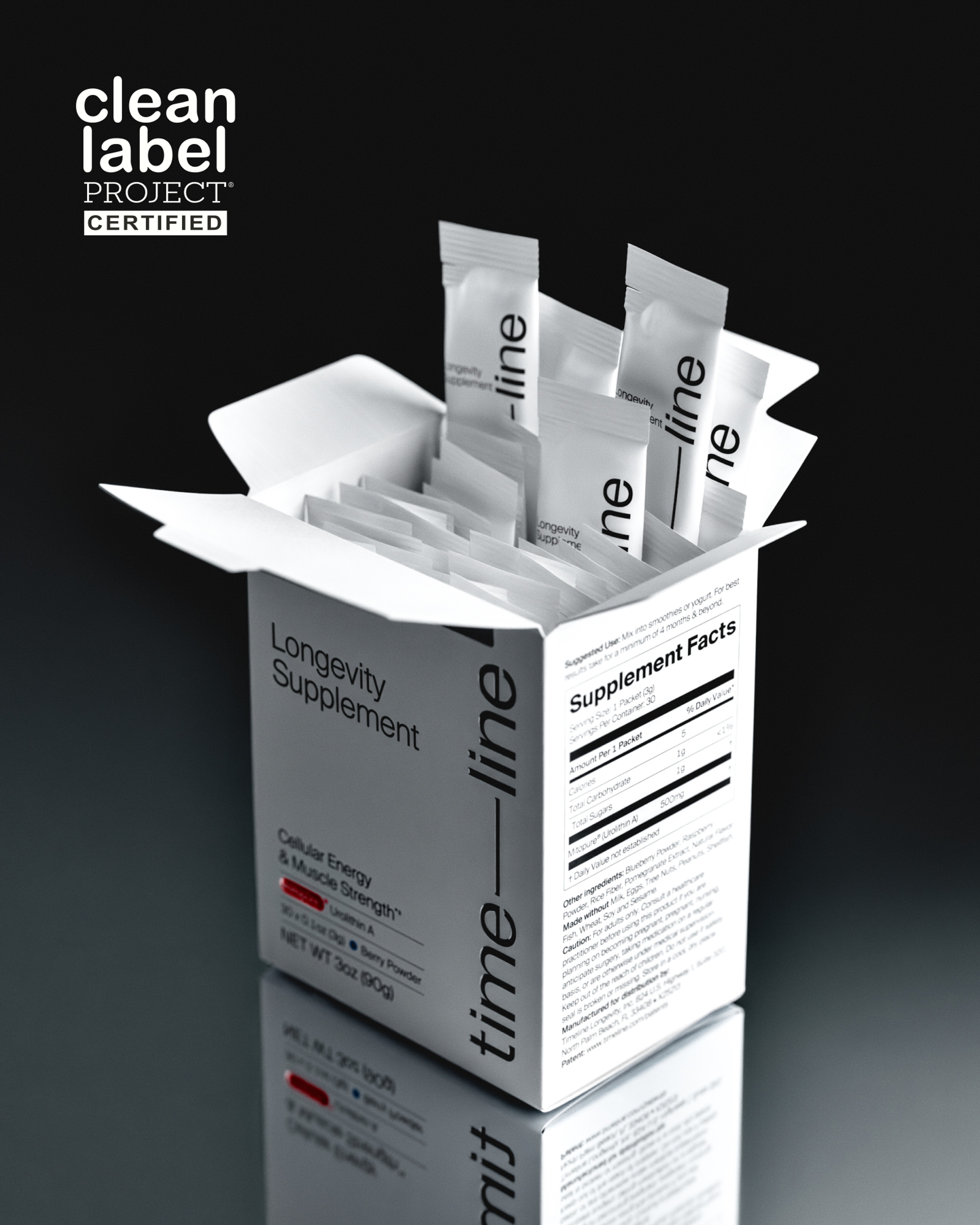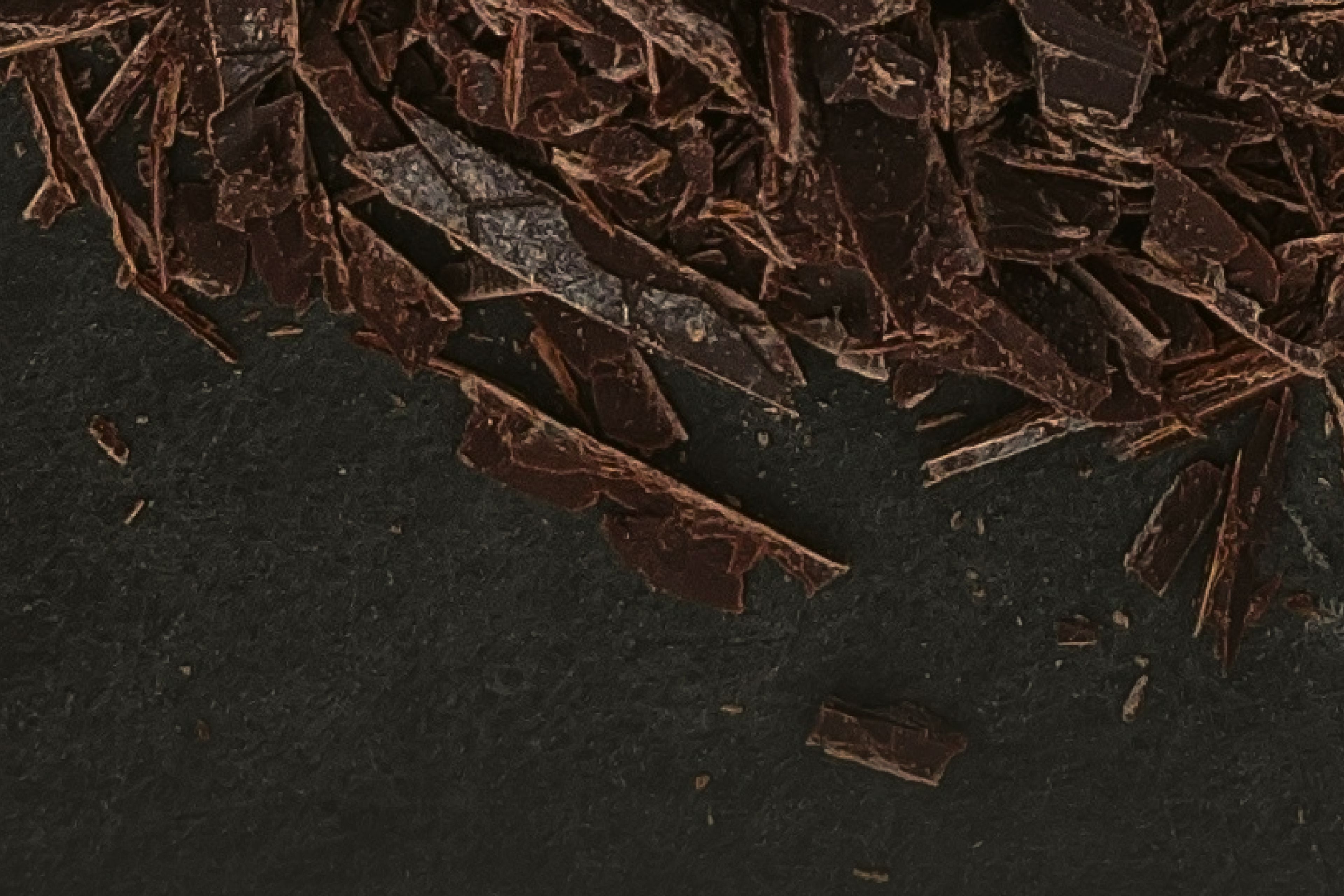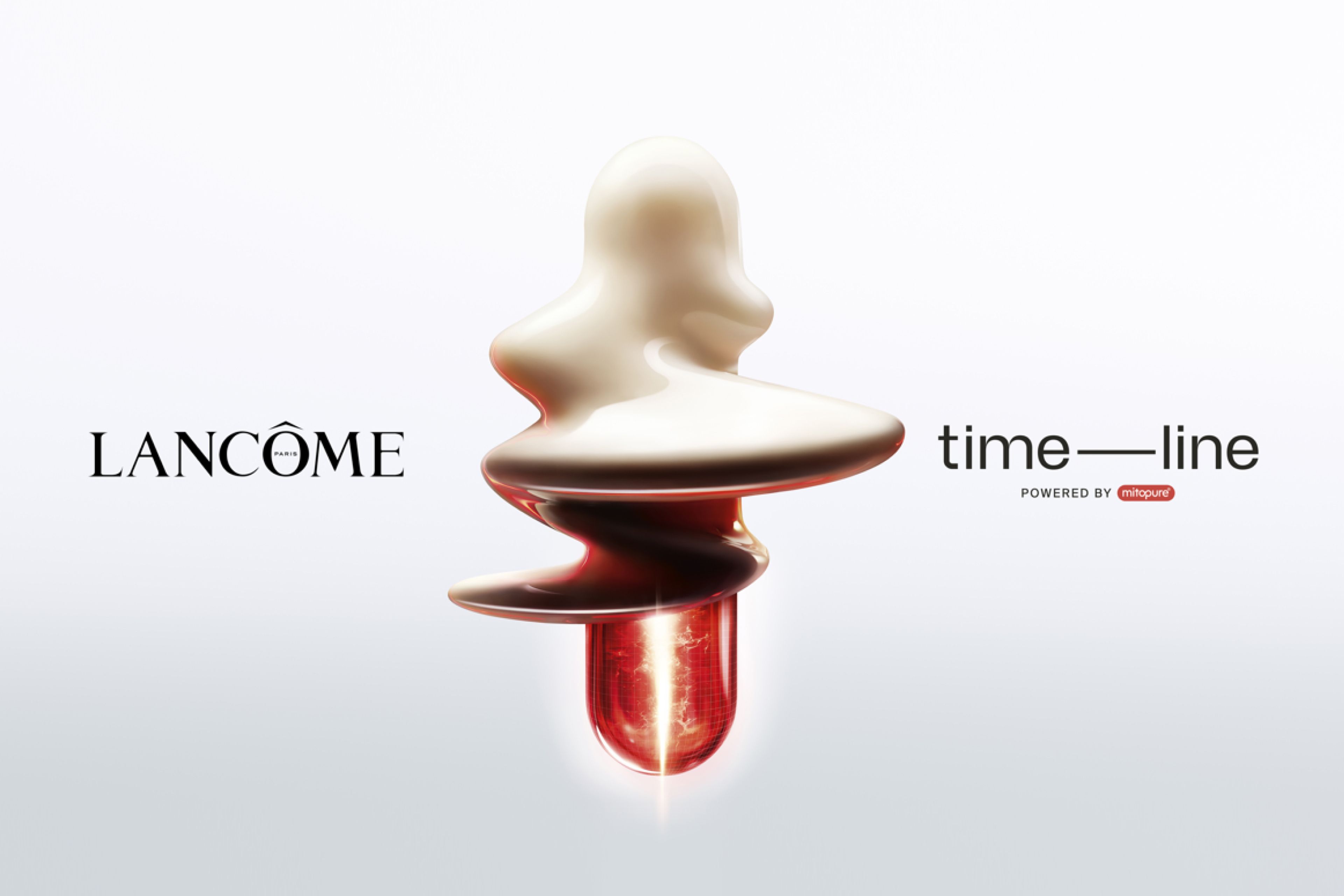New Preclinical Study: Urolithin A Reverses Anxiety in Rats
A breakthrough study from EPFL shows that repairing mitochondria can abolish anxiety in rodents, pointing to a new nutritional path for mental health.

What to know
In a new preclinical EPFL study, Urolithin A reversed high-anxiety behaviors in rats without affecting low-anxiety controls.
Mitochondrial dysfunction in brain cells is emerging as a root cause of anxiety, making it a powerful therapeutic target.
Urolithin A was found to repair mitochondrial pathways, restore synaptic connections, and normalized levels of the key mitochondrial proteins.
Anxiety disorders affect millions worldwide, making them one of the most common and disabling mental health conditions.
Research points us to an unexpected culprit underlying anxiety: the mitochondria. Dysfunction in these tiny organelles appears to contribute to anxiety. Until now, few studies had tested whether repairing mitochondrial health could actually alleviate anxiety.

Enter Urolithin A
New preclinical research published in the Biological Psychiatry journal has found that Urolithin A abolished high anxiety and synaptic function in rats.[2]
Urolithin A is a natural compound produced by gut bacteria from dietary precursors in foods like pomegranates and berries. It has attracted significant scientific attention for its ability to support mitochondrial health, trigger mitophagy (recycling of damaged mitochondria), and improve muscle and cellular function.[1]
During this study, the team tested the only clinically validated, highly pure, proprietary Urolithin A (Mitopure®) to explore its impact on brain health in rats.

The EPFL Breakthrough
The study, led by Professor Carmen Sandi at the École Polytechnique Fédérale de Lausanne (EPFL), in collaboration with Amazentis and Columbia University, explored whether Urolithin A could repair brain mitochondria and, in turn, reduce anxiety.
Dr. Sandi is one of the world’s top neuroscientists and a professor at the École EPFL in Switzerland, where she leads the Laboratory of Behavioral Genetics. She has published hundreds of papers on her work, which focuses on the neurobiological mechanisms underlying stress, anxiety, and social behavior. Dr. Sandi has made significant contributions to the understanding of how stress impacts cognition, emotion, and psychobiology. She is a past president of the Federation of European Neuroscience Societies (FENS) and has received numerous awards for her groundbreaking work in the field of behavioral neuroscience.
Study Design
This study used two rodent models of anxiety to investigate the efficacy of Urolithin A on reducing anxiety-like behaviors. For two months, anxious rats were fed a diet containing Urolithin A. During this time, the team carefully monitored changes in anxiety-like behaviors across multiple standardized tests.
To probe deeper, they analyzed brain cells in a region central to emotion and anxiety regulation. They utilized advanced tools to investigate how Urolithin A affects energy-related genes, brain cell structure, and the communication between brain cells.
The Results: A Robust Anti-Anxiety Effect
The results were striking, with the following key findings.

Urolithin A was found to reverse high-anxiety behaviors, while not impacting low-anxiety controls. In other words, it only acted where brain circuits were disrupted. This is a critical distinction from many drugs that sedate or dampen emotion across the board.
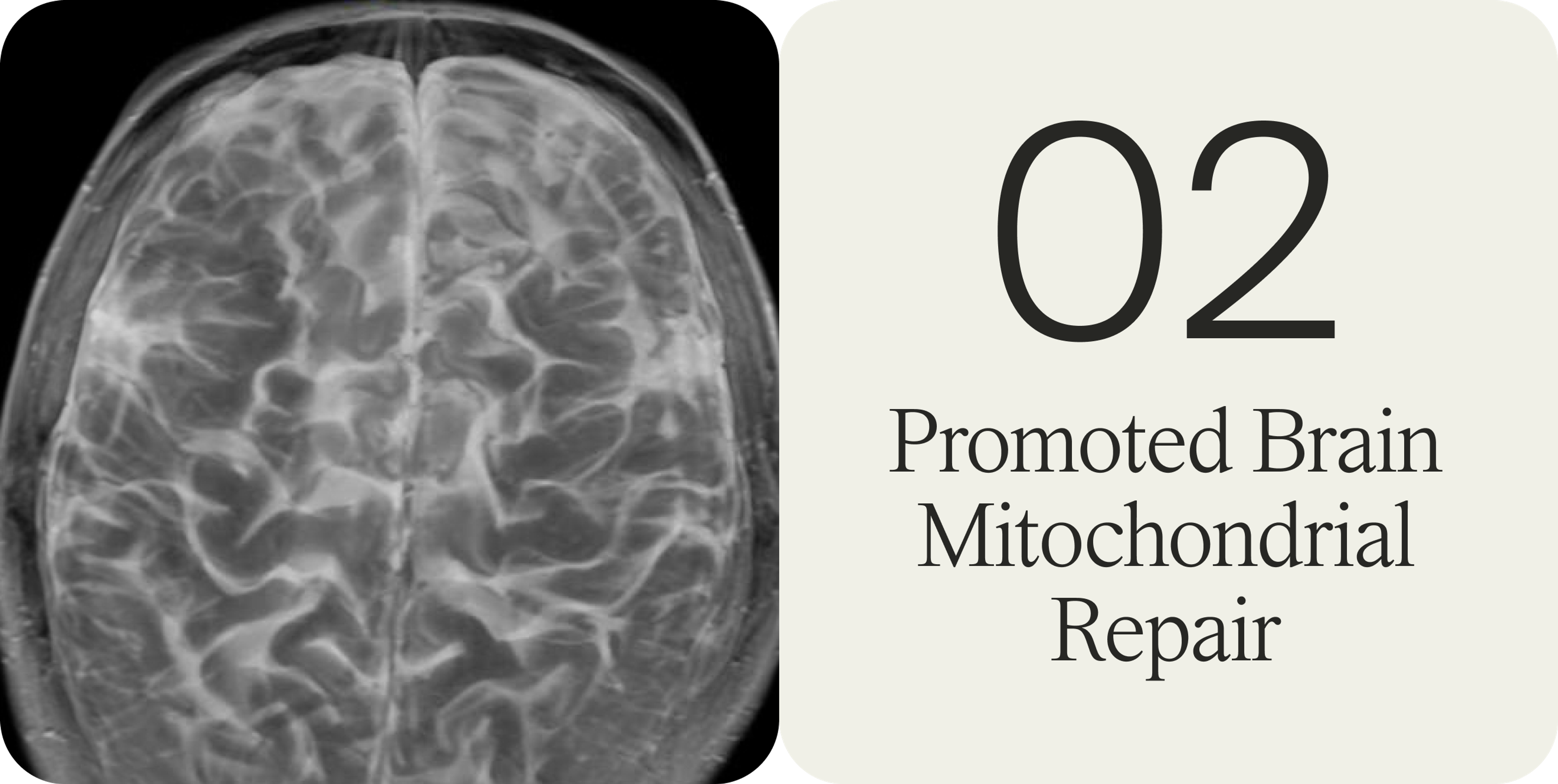
In anxious animals, key mitochondrial pathways were disrupted, including those involved in energy production, mitophagy, and quality control. Interestingly, mitophagy emerged as one of the most consistently disrupted pathways in the anxious rats.
Urolithin A restored these pathways to normal activity levels, essentially “resetting” the mitochondrial programs inside neurons.

Anxious rats showed damaged connections between neurons. This means that brain cell communication is disrupted, which may play a role in anxiety-related problems. In these rodent models, Urolithin A repaired these structures, restoring healthy connectivity and excitatory signaling.
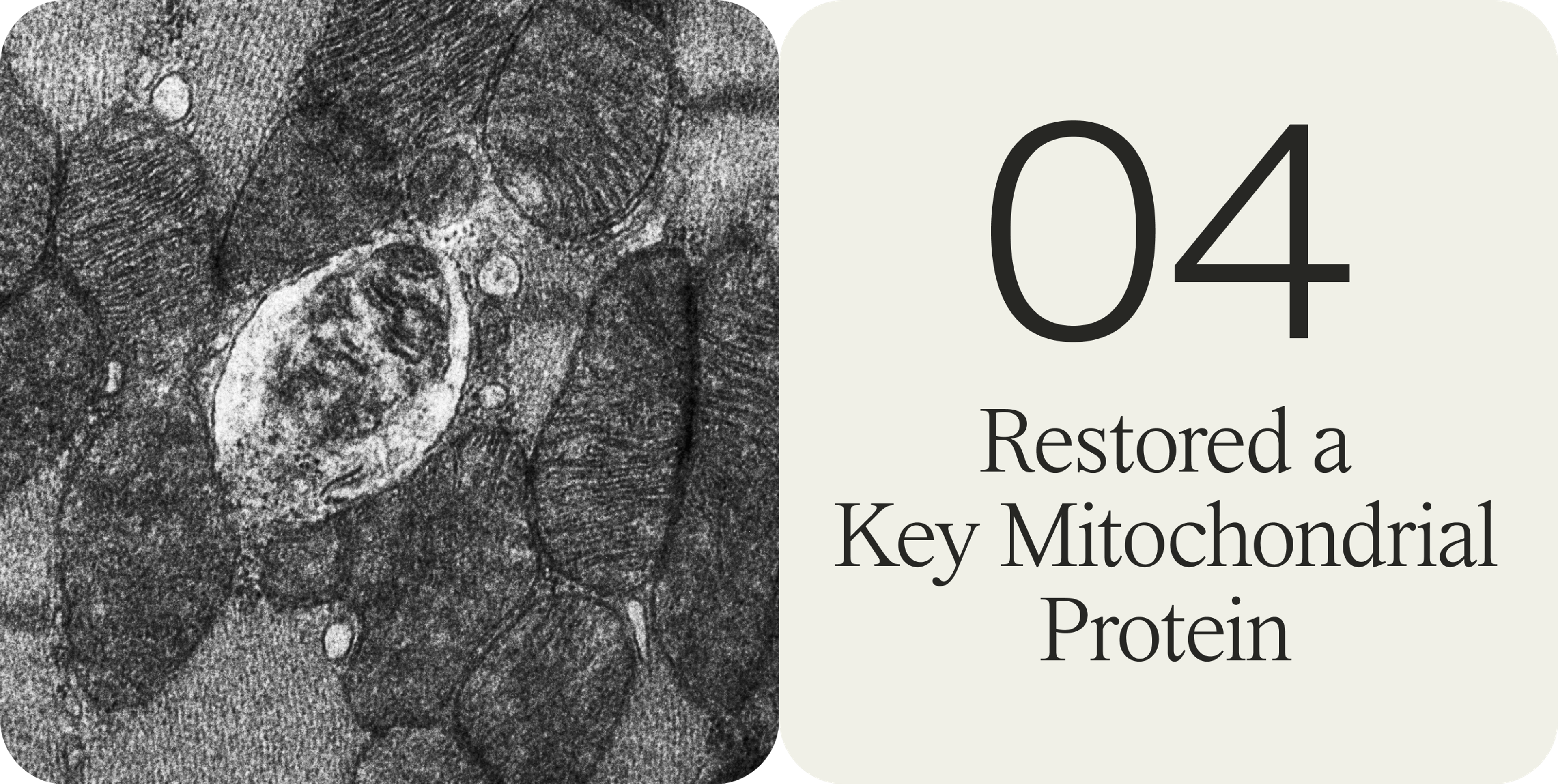
In anxious rats, levels of mitofusin-2 (Mfn2), a protein crucial for keeping mitochondria healthy, are lower than in healthy rats. Urolithin A restored them, aligning molecular changes with improved behavior.
Taken together, the findings demonstrate that Urolithin A exerts a multifaceted rescue effect, repairing mitochondria, restoring synaptic integrity, and promoting healthier behavior.
Why This Matters
Although conducted in rats, this study holds promise for improving mitochondrial health and mental health through a safe, nutritional approach.
Unlike current anxiolytic drugs, which broadly dampen neurotransmitter systems and risk side effects, Urolithin A appears to work only where dysfunction exists. This precision, combined with its already established safety profile in humans, makes it a particularly attractive candidate for clinical development.
As Professor Sandi put it: “Previous studies tried to restore mitochondrial function genetically directly in the brain with viral injections; this is the first one that focuses on a systemic approach.”
From Lab to Clinic, What's Next?
This research in rodents has provided new insights into how Urolithin A may influence pathways linked to brain health, particularly those involving mitochondrial function. Indeed, in two rat models, the study observed that mitochondrial dysfunction was associated with anxiety-like behaviors and that Urolithin A supplementation helped improve mitochondrial health. However, these results were obtained in animals, and it remains unknown whether similar effects occur in humans. Because Urolithin A has already been shown to be safe in human studies, the researchers note that these findings could inform future clinical research. “This is what we’re aiming to do next,” says Sandi.
Authors

Written by
Freelance writer

Reviewed by
Director Science Communications
References
- ↑
Andreux PA, Blanco-Bose W, Ryu D, Burdet F, Ibberson M, Aebischer P, Auwerx J, Singh A, Rinsch C. The mitophagy activator urolithin A is safe and induces a molecular signature of improved mitochondrial and cellular health in humans. Nat Metab. 2019 Jun;1(6):595-603. doi: 10.1038/s42255-019-0073-4. Epub 2019 Jun 14. PMID: 32694802.
- ↑
Mallet D, Ülgen DH, Grosse J, Zanoletti O, Guillot de Suduiraut I, Monzel AS, D’Amico D, Rinsch C, Picard M, Astori S, Sandi C. Urolithin A abolishes high anxiety and rescues the associated mitochondria-related transcriptomic signatures and synaptic function. Biological Psychiatry. 2025. DOI: 10.1016/j.biopsych.2025.07.020
